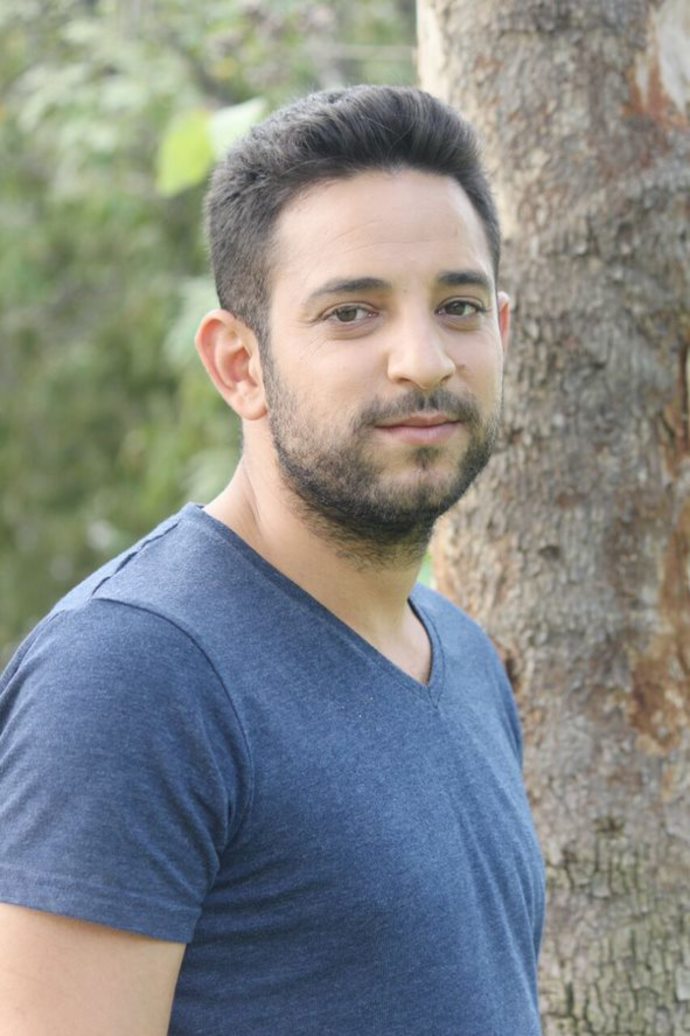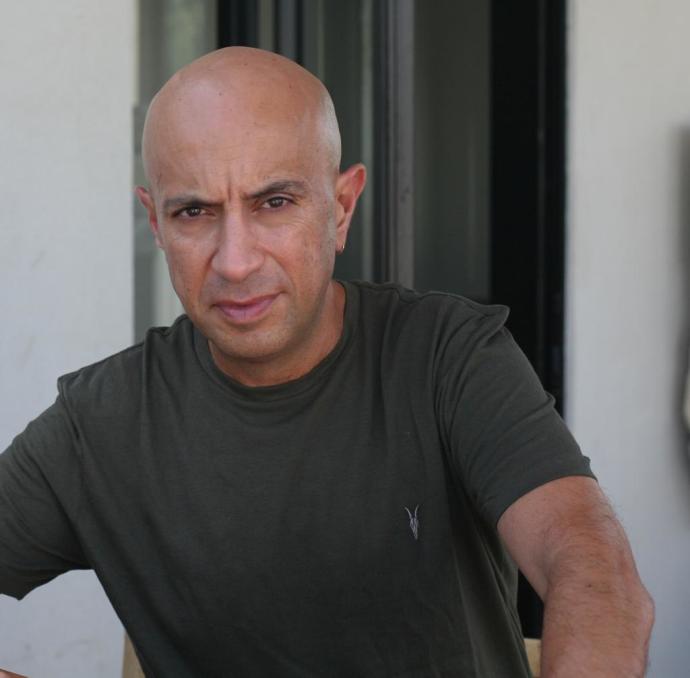The State of Israel is just 420 kilometers long and 115 kilometers across at its widest point, but within this tiny country, there are significant disparities in the employment market, depending on one’s location. Recently, the Post spoke with Tom Faruhi, manager of young adults’ employment at the Rashi Foundation, which promotes social mobility and equal opportunity in Israel’s geo-social periphery, focusing on education, employment, and social welfare.
Our conversation took place during one of his frequent drives to and from Israel’s center to the northern city of Kiryat Shmona, where he lives. “There are two parallel employment markets in Israel,” he explains. “There is one labor market in the northern and southern peripheries, and there is another one in the center. The employment opportunities in the center of the country are much more varied and well-paid than in the periphery and provide workers with greater career horizons.” Moreover, Faruhi says that people living in Israel’s periphery earn 30% less than workers in the country’s center in comparable jobs, even in fields such as technology and communications.
Faruhi notes that the fast-changing labor market requires more and more “soft” skills, among them the ability to work in a team, flexibility, initiative, and problem-solving proficiency. These skills are best acquired through experiential and informal education activities, and the lack of such activities is, therefore, one of the main barriers to rewarding employment for those who grow up in the periphery.

“Where can one get experience in multi-tasking, for example?” asks Faruhi rhetorically. “There is no time in the regular class schedule, but if you participate in an after-school activity like soccer or dance or join a youth movement, you are forced to balance school and extracurricular activities.” These activities can instill the type of soft skills desired by employers.
Taking part in an experiential education framework, Faruhi says, enables people to meet others from different walks of life and backgrounds. He calls it social capital. “In an informal network, I am not limited to meeting people from my neighborhood. If I am a member of a youth group, for instance, I will get to know different people from other branches throughout the country.” Participants in these types of experiences, he says, are more likely to succeed than those who have limited exposure to different groups. The wide range of experiential programs also allows children to follow their passions and explore many areas of interest.
“Formal education defines success by grades,” continues Faruhi, who recalls how his own informal abilities helped him succeed. “I couldn’t find myself in school,” he says. “Without soccer, I would not have succeeded. It helped build my capabilities and self-esteem.”
In contrast to teens living in central Israel, children in Israel’s periphery are not urged to join experiential educational activities, he says, because their parents themselves never participated in such activities and are unaware of their value. In addition, the difficult economic conditions in the periphery make financial survival paramount, and children frequently help their families in their spare time instead of participating in after-school activities.
Avi Issacharoff, the well-known journalist, writer, and co-author of the TV series “Fauda,” is involved in Rashi’s efforts to encourage the development of experiential education in Israel’s periphery. “When I was a member of a youth movement, I learned to work in a team, and I knew that at any time, there would be someone to help and support me,” he says. “This is where the first seeds were planted, teaching me about working together, directing, marketing, and presenting an idea.

“At 16, I was able to motivate a group of elementary school children to do something that went against their nature – hiking for ten kilometers and building a camp instead of having fun at the swimming pool. The youth movement also instilled in me beliefs and values that I carried into adult life – “the scout smiles and whistles” – even in crisis, at the most difficult moments, remain calm and find your way out.”
Faruhi knows about the benefits of experiential education from his own experience. After working with at-risk youth in his hometown of Kiryat Shmona, he joined Ma’ase Center, an affiliate association of the Rashi Foundation, to establish a pre-army leadership program for youth from the northern periphery. He eventually became the manager of all the pre-army preparatory programs of Ma’ase.
A graduate of these leadership programs is Neta Shmuel, 34, who says: “It was the most significant year of my life. Everything I received there made me the person I am today.” Shmuel made aliyah from the Former Soviet Union as a child and grew up in Mitzpe Ramon. Realizing as a teen that she would have to take responsibility for her life, together with a friend, she initiated many youth activities at the local community center, which gave her a sense of self-efficacy.
At the community center, she took a young counselors’ course and became a youth group leader. “The informal framework allowed me to discover strengths and abilities that I did not get the chance to experience at school.”
The director of the community center, who recognized her potential, suggested that Shmuel sign up for a gap-year leadership program. “I did a year with Ma’ase, where I met people who were different from me and learned to manage myself and break through the glass ceiling. I reached a significant position in the army (Shmuel is a lieutenant colonel in the Education Corps) and earned both BA and MA degrees. I would not have gotten to where I am now without the people in the program who coached and guided me.”
Experiential education can help spell success for youth in Israel’s periphery – and the Rashi Foundation believes that its nationwide initiative to develop and strengthen experiential education will create the opportunities they need.
This article was written in cooperation with the Rashi Foundation.
